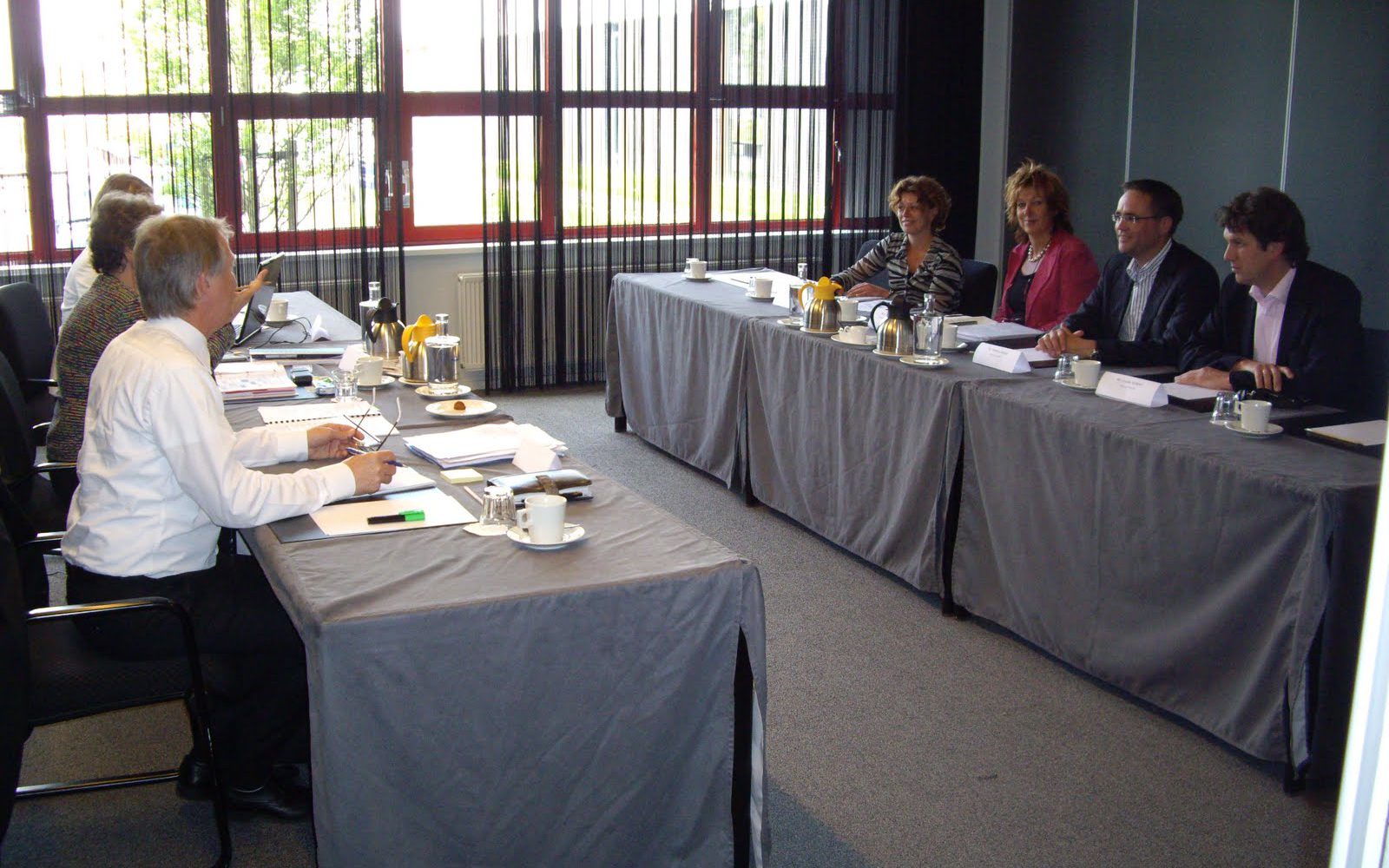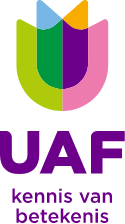Opinion formation by accreditation panels

The Dutch accreditation system for higher education was designed to govern Dutch higher education by measuring its quality through periodic peer review by so-called accreditation panels. In my research, I examine the how these panels work together to reach a collective verdict, in which they have to bridge the different stakeholder perspectives on quality of higher education.
Approach
My research approach is empirical-philosophical: I combine philosophy of science with historical work and qualitative research. My main philosophical lenses are philosophy of measurement and judgment aggregation theory. Through these lenses, I look at the Dutch accreditation system as a measurement practice that has developed since the 1980s, building on the practical experiences of thousands of peer review panels.
In the work of panels, social deliberation takes centre stage: this is where panellists exchange views and work towards a consensus about the quality of a higher education programme. I take a special interest in the final process of aggregating individual judgments on the assessment criteria (the ‘NVAO standards’) into one collective panel verdict.
On the basis of my research, I hope to make an interdisciplinary contribution to the social epistemology of collective opinion formation, as well as inform policy makers and educators in their efforts to develop and improve quality assurance of higher education.
Supervision
Doctoral advisors of my PhD project are prof. dr. Jan-Willem Romeijn (Philosophy, University of Groningen) and prof. dr. Rafael Wittek (Sociology, University of Groningen).
The practical and societal relevance of my research is monitored by my stakeholder group, representing:
- Assessment agencies Academion, AeQui, Hobéon and NQA.
- Dutch-Flemish accreditation body NVAO.
- QA departments of several universities of applied sciences.
- The Inspectorate of Education, Netherlands Ministry of Education, Culture and Science.
Funding
My research is primarily funded by a doctoral grant of the Netherlands Organization for Scientific Research (NWO), grant number 023.016.011.
For its five-year duration (2021-2026), I’ve pledged 1% of my grant to the UAF. The UAF is a Dutch NGO that provides support to refugee students and professionals in their studies and employment.
Additional funding is provided by Avans UAS, and by the research programme Sustainable Cooperation – Roadmaps to Resilient Societies (SCOOP), a 2017 Gravitation Program funded by the Netherlands Organization for Scientific Research (NWO) and the Dutch Ministry of Education, Culture and Science (OCW) (grant number 024.003.025).

